WSJ: Apple working on a more secure iCloud that could stymie the DOJ, but not iOS users
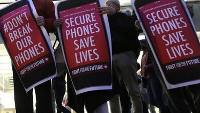
Toward the end of last month, we told you that Apple was rumored to be working on a way to strengthen encryption to iCloud. The tech titan was allegedly doing this as a way to stymie the government from asking in the future for information lodged inside an iPhone. On Tuesday, the story was confirmed by the Wall Street Journal.
The paper says that Apple is trying to find a balance between making the encryption on iCloud stronger, and keeping the feature intuitive and easy to use. By not allowing Apple to hold the encryption key, users won't be able to count on Apple to save them if they lose their password. This could result in the loss of photos, content and other data that the user was hoping to keep. But it would also prevent the government from requesting that Apple release the key to them in the name of national security.
On the other hand, if Apple holds on to the key, it will be able to help iCloud users who can't remember how to access their account. It also means that Apple would have to turn over the key to law enforcement agencies if so ordered by a court.
The iCloud account used by deceased terrorist Syed Farook could be a treasure trove of information according to the government. Farook last backed up his iCloud account on October 19th, six weeks before the attack took place. According to FBI supervisory special agent Christopher Pluhar, iCloud backups could offer "valuable evidence" for this case. Apple claims that it could have provided this information, but the FBI requested that the San Bernardino Department of Health (the actual owner of the phone) change the iCloud password. As a result, Apple cannot provide the government with any information from Farook's phone that might have been backed up to his iCloud account.
source: WSJ
On the other hand, if Apple holds on to the key, it will be able to help iCloud users who can't remember how to access their account. It also means that Apple would have to turn over the key to law enforcement agencies if so ordered by a court.
When iCloud is connected to a Wi-Fi signal, it automatically makes a backup of the content on an iPhone. This occurs daily, and the backups can be used to transfer photos, health data, iMessages and more. It can also help the buyer of a new iPhone transfer data and info from the user's older iPhone into the new unit.
The iCloud account used by deceased terrorist Syed Farook could be a treasure trove of information according to the government. Farook last backed up his iCloud account on October 19th, six weeks before the attack took place. According to FBI supervisory special agent Christopher Pluhar, iCloud backups could offer "valuable evidence" for this case. Apple claims that it could have provided this information, but the FBI requested that the San Bernardino Department of Health (the actual owner of the phone) change the iCloud password. As a result, Apple cannot provide the government with any information from Farook's phone that might have been backed up to his iCloud account.
source: WSJ


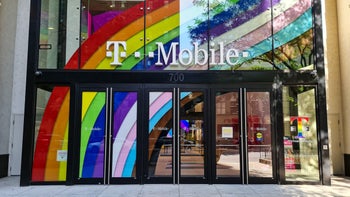
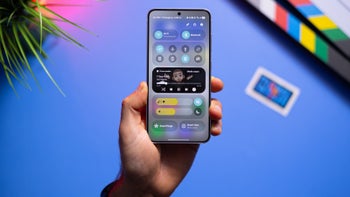



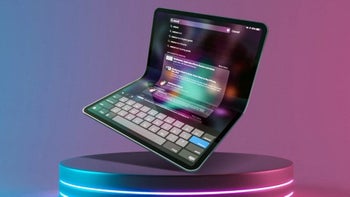
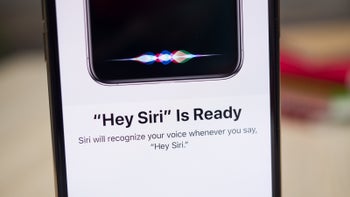



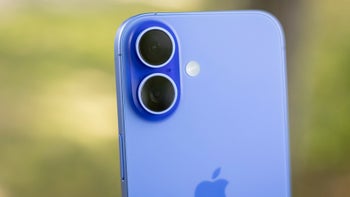
Things that are NOT allowed: